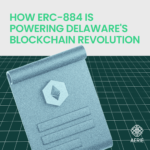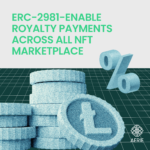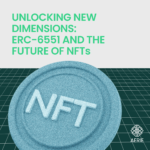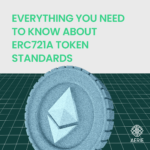Are Trustless Systems Better?
As technology continues to advance, the concept of a trustless system has been rapidly gaining traction. Our previous article delved into the intricacies of what it means to be “trustless.” A trustless system operates in a decentralized manner, designed to function without the need for trust between parties. In contrast, traditional systems rely heavily on trust to ensure that all parties involved fulfill their obligations and commitments. But with a trustless system, the need for such reliance is entirely eliminated.
As we ponder the advantages and disadvantages of a trustless system, one question lingers: Is it truly superior to the traditional system?
To answer this question, we need to examine the pros and cons of both systems. A traditional system operates on a foundation of rules and regulations that are agreed upon by all parties involved. Within this structure, trust is paramount in ensuring that everyone fulfills their obligations. However, there are several glaring flaws in traditional systems. They are centralized, meaning that a single entity controls the entire system. This vulnerability leaves it prone to manipulation and corruption, inevitably causing the erosion of trust between parties.
On the other hand, a trustless system is designed to operate without the need for a central authority. This is made possible through the use of blockchain technology, which verifies and records transactions on a decentralized ledger. With the addition of smart contracts, parties can carry out transactions without the involvement of a trusted third party. The outcome is a more secure and transparent system that outshines traditional models.
The advantages of trustless systems are abundant, but one notable point lies in their inherent security. Because they are decentralized, there is no single point of failure that can be exploited by hackers or other malicious actors. Transactions are then verified and recorded on an easily traceable and transparent ledger, thus curbing fraudulent activities. It’s a level of security that traditional systems cannot match, as they remain vulnerable to hacking and other malicious security breaches.
Transparency is another asset that trustless systems have in their arsenal. Because all transactions are recorded on a decentralized ledger, it is possible for anyone to view them. This unobstructed view ensures that all parties are held accountable and that their responsibilities are fulfilled. It also streamlines the process of detecting any fraudulent activities or discrepancies in the system, thus creating a level of transparency that traditional systems cannot achieve.
Despite their many advantages, trustless systems are not without their drawbacks. For instance, they may operate at a slower and more costly pace than traditional systems. This is because every transaction must go through a rigorous verification and recording process on a decentralized ledger, which is managed by a network of computers.
This process is necessary to ensure the integrity and immutability of the ledger. Each transaction must be validated by multiple nodes on the network, which takes time and computational resources. The decentralized nature of trustless systems, while ensuring security and transparency, can also lead to higher costs and longer transaction times.
All things considered, the trustless system takes the crown due to its numerous advantages, notably its security and transparency. Yet, its flaws must not be overlooked. When it comes to deciding between the two systems, the choice rests on the specific needs and requirements of the parties involved. For those seeking a more secure and transparent environment, the trustless system is an ideal choice.

